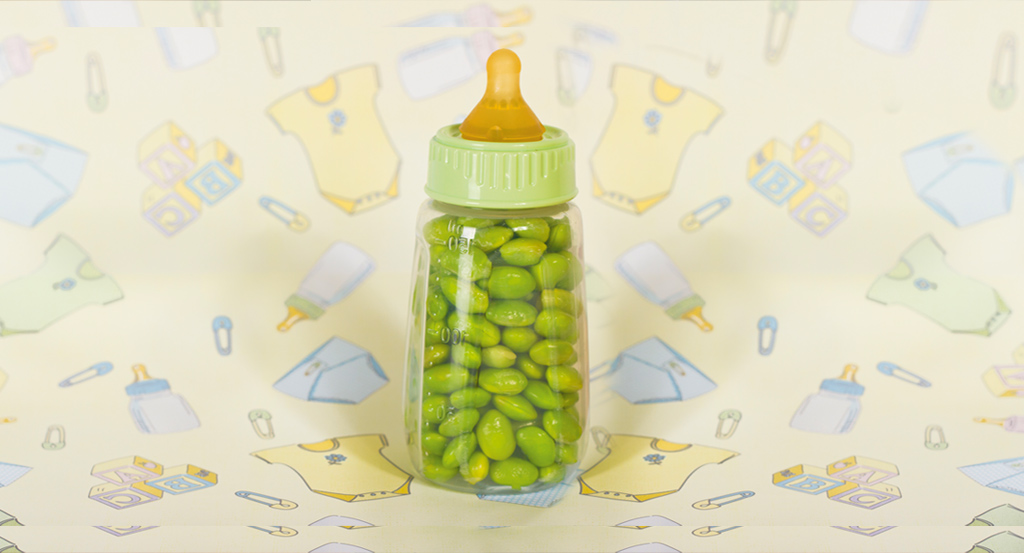How healthy or unhealthy are plant-based drinks in this young age group?
Increasingly, parents are giving their toddlers plant-based drinks such as soy or rice milk rather than cow’s milk but this is not without risks, US experts say.
In an article in JAMA Pediatrics, three child health specialists cite US statistics that show in the period from 2012 to 2017 the consumption of these plant-based drinks, across all age groups increased by 61%.
But of particular concern is the increased intake among toddlers. We don’t have great data on this however there was a study in 2016 – the Feeding Infants and Toddler Study – involving over 3,200 two to four year olds – which showed 5% were consuming plant-based beverages. This was much higher than previous studies.
So the real question is, how healthy or unhealthy are these plant-based drinks in this young age group? Surely drinks made of foods such as nuts, seeds legumes, grains, fruits or vegetables can’t be bad for young children? What does the evidence show?
Once again, the viewpoint authors say, we are constrained by a lack of detailed evidence. Plus there is a wide variability in the nutrient value of the various beverages.
However we do know that plant-based drinks are relatively low in protein, fat and other nutrients compared with cow’s milk.
Even those drinks that are fortified with calcium, vitamin D or vitamin B12, don’t represent a like-for-like substitute. The reason is that the plant-based drinks contain phytates (the storage form of phosphorus in plants), and these can bind with protein and minerals which reduce their bioavailability.
“This means the nutrient content reflected on the label is higher than what the child absorbs”, they said.
They highlight the case of soy milk which is said to have the highest protein content of any of the plant-based drinks, but how much of that is actually available to be absorbed is, according to the authors the subject of ‘serious concern’.
The bottom line? In toddlers, the substitution of cow’s milk with any of these plant-based beverages carries a significantly increased risk of the child developing nutritional deficiency disease if the diet is not properly managed.
To back this claim, they refer to studies where young children who were given plant-based drinks rather than cow’s milk developed conditions such as kwashiorkor, rickets and even scurvy.
Interestingly the authors went on to compare the current advice on this issue in various countries around the world. Canada recommends against any plant-based substitution for cow’s milk for under two-year olds whereas New Zealand endorses calcium-fortified plant-based beverages for toddlers as an alternative for cow’s milk although they do say vegan toddlers will also need vitamin B12.
As for Australia, the authors report we are basically against most plant-based substitutions for cow’s milk, with a couple of exceptions.
The current recommendation is “an intake of full-fat, calcium-fortified rice or oat drinks consumed with diets rich in alternative sources of protein and vitamin B12 are acceptable under the supervision of a physician. But they recommend against all other plant-based beverages, including soy milk as an alternative to cow’s milk.”
JAMA Pediatrics 2021, 22 February
This article was originally published on Healthed here.


